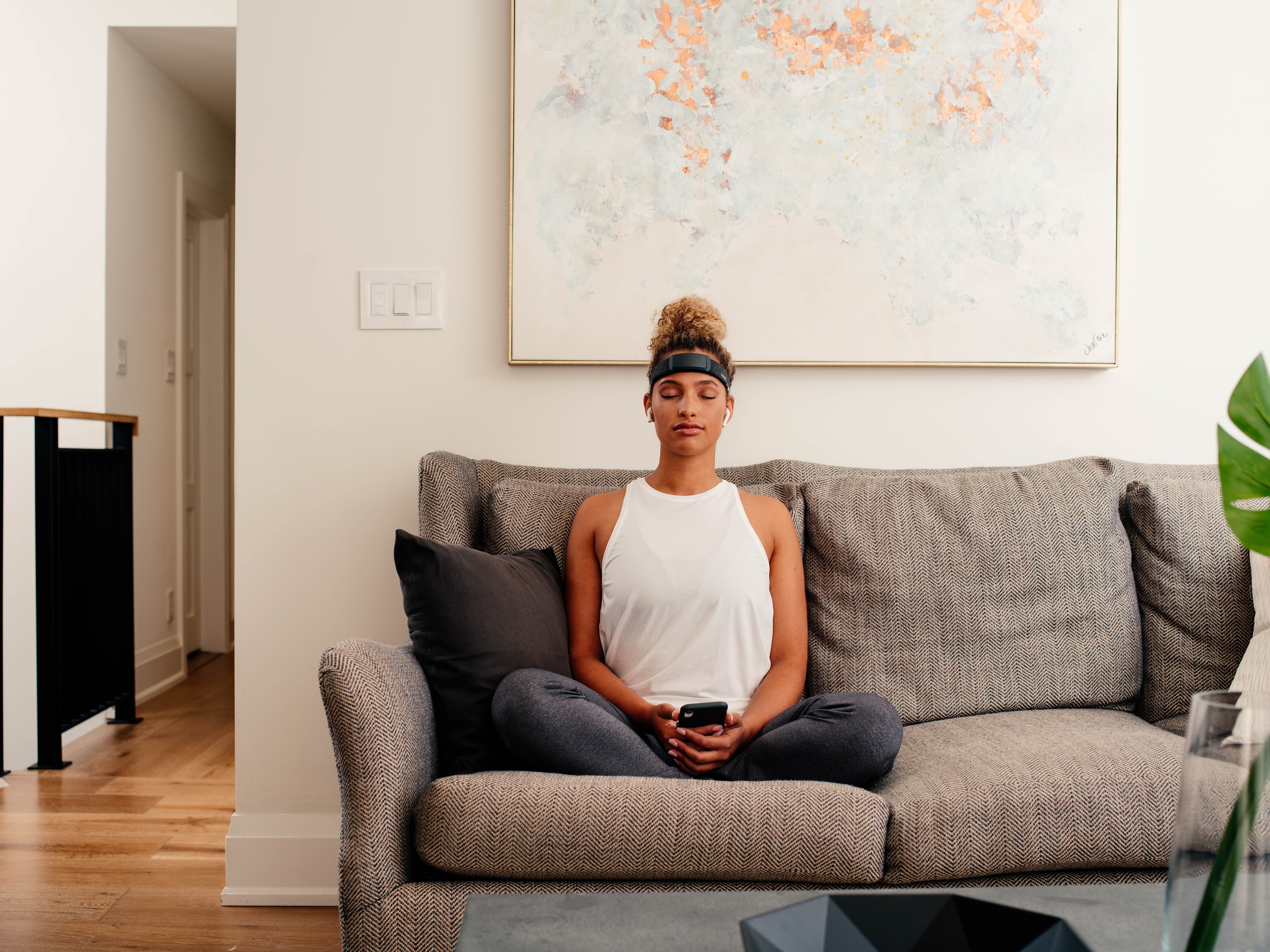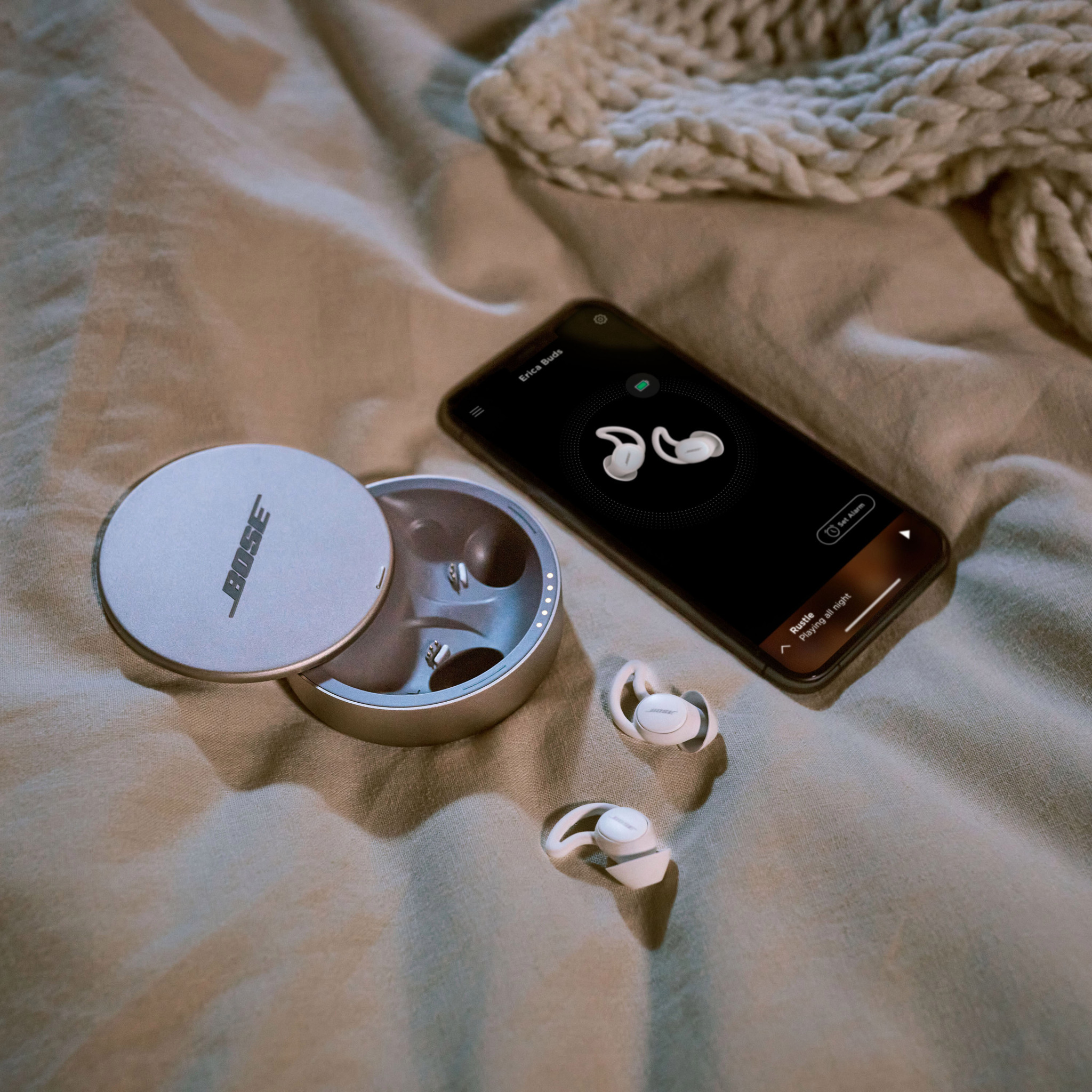Welcome to TechCrunch’s 2020 Holiday Gift Guide! Need help with gift ideas? We’re here to help! We’ll be rolling out gift guides from now through the end of December. You can find our other guides right here.
Even in a normal year, the holidays can be an anxiety-inducing hellscape. In 2020, though — honestly, it’s hard to say what manner of climactic finale this historically rough year might have on tap. In honor of one of the most epically rotten years on record, we’ve cobbled together a list of gifts that could go a ways toward helping folks make it triumphantly across the finish line.
It’s a bit of a mixed bag, I admit. Everyone blows off stress differently — some like to play video games, come cook, some go for a run, others meditate. This is an attempt to round up some gadgets and software that can help increase sleep, reduce blood pressure and generally help survive what’s left of 2020 intact.
This article contains links to affiliate partners where available. When you buy through these links, TechCrunch may earn an affiliate commission.
Muse S

I was using Muse’s latest headband quite a bit during CES, back when that show still felt like it was going to be the apex of stress for my year. The device offers a clever kind of gamified approach to meditation — something I, as one of the worst meditators of all-time, have come to appreciate. I recognize that words like “gamify” sound counterproductive when it comes something like meditating, but Muse does a surprisingly good job getting you into the right headspace.
The company also recently added sleep tracking to the wearable. I will say that the Muse S is reasonably comfortable as far as tech headbands go (an admittedly low bar), but even so, sleeping with one on still takes some getting used to.
Price: $350 from Amazon
Bose Sleepbuds II

Image Credits: Bose
We can recommend a number of all-purpose, noise-cancelling headphones for help relaxing. The Bose Sleepbuds II aren’t that. These little Bluetooth buds are built for one purpose only: sleep. They’re comfortable, they get good battery life and they’ll stay in place while you sleep. They’re built for noisy environments — whether you’re trying to sneak in a midday nap or sleep next to a snorer.
They’re a bit pricy and not very versatile, only designed to play back Bose’s preloaded sleep sounds. But if someone in your life is having trouble falling — or staying — asleep, they’re a solid investment.
Price: $250 from Amazon
Calm subscription

Image Credits: Calm
There’s no shortage of meditation apps these days, but Calm has been my go-to for a long time. The app has been tremendously successful over the past couple of years, even landing a star-studded show on HBO Max. With more than 50 million downloads, Calm offers some of the most extensive and best guided meditation courses and tracks to help lull listeners to sleep.
Price: $13/month from Calm
Withings Sleep
Image Credits: Withings
I really dug this thing before my rabbit chewed the cord and rendered the thing effectively useless. I’m going to go out on a limb and assume that’s not an issue most users are going to run into. Withings Sleep is, effectively, a pad that sits under the mattress to detect your sleep progress during the night. Those results are then collected and displayed in Withings’ Health app. I’ve tested a lot of wearable sleep trackers over the year, but if you’re really invested in sleep tracking, this is a good way to go. Among other things, you don’t have to wear a band to sleep.
Withings Sleep goes deep with its tracking, including cycles heart rate tracking and even snore detection. It’s also one of the first of this class of consumer device to offer sleep apnea detection.
Price: $74 from Amazon
Dreamlight Zen

Image Credits: Dreamlight
Back when we used to do travel gift guides, I included one of Dreamlight’s masks for long flights. Even though we’re all grounded, though, I’ve actually got a fair amount of use out of the thing, dealing with some health struggles this year. Dreamlight Zen is a step up from that model, featuring built-in sleep and meditation aids that can run up to 10 hours on a charge.
Price: $200 from Dreamlight
from TechCrunch https://ift.tt/2JdzW4V
via IFTTT

Comments
Post a Comment